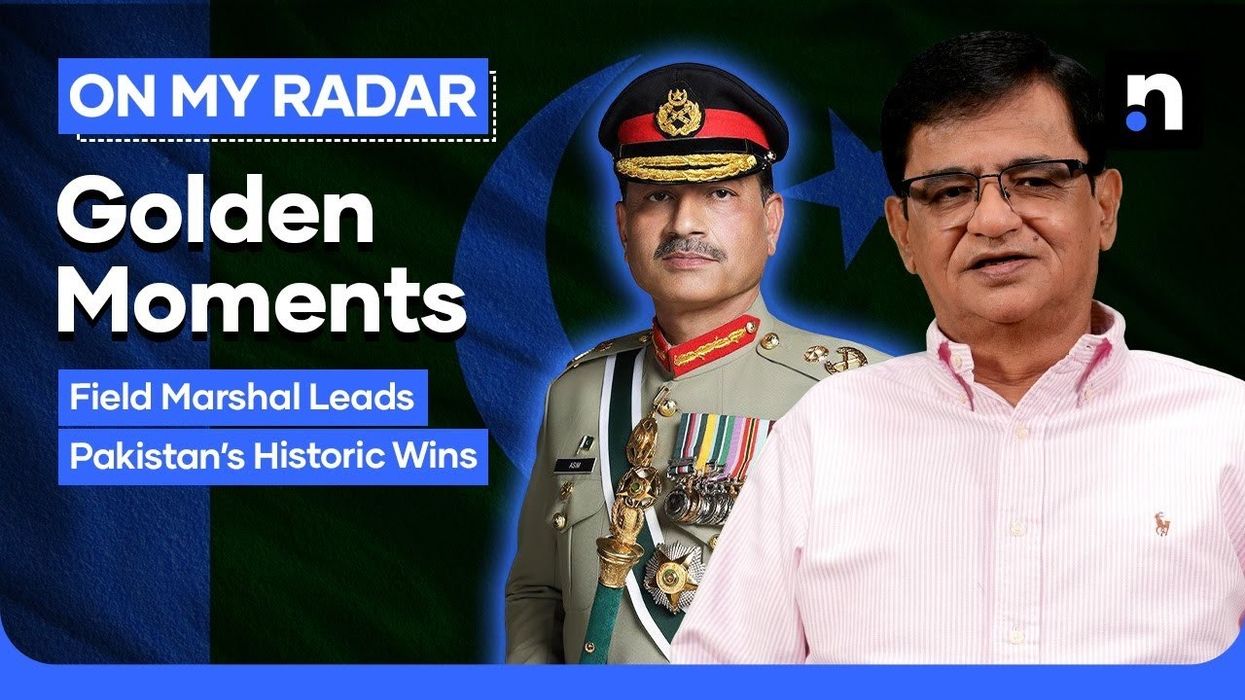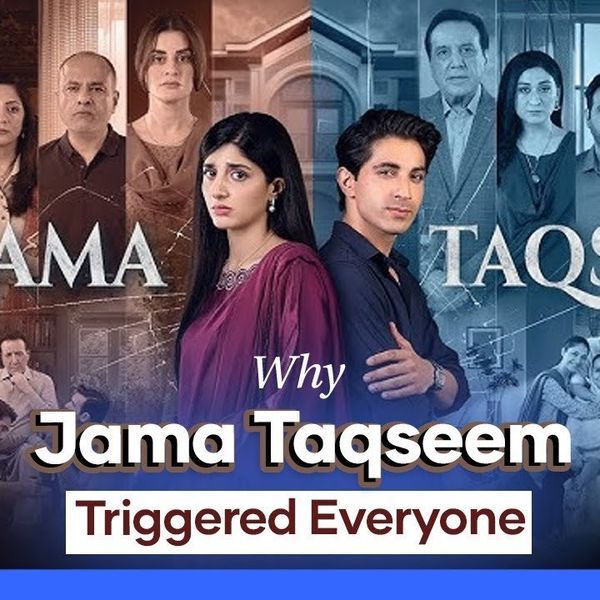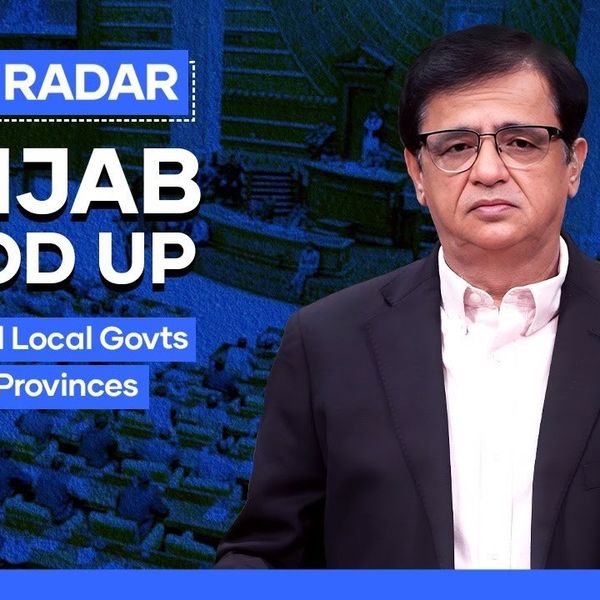Pakistan’s rising global profile driven by strategic diplomacy
Kamran Khan says Field Marshal Asim Munir’s back-to-back visits to Washington and Beijing show Pakistan’s balancing act in global affairs
News Desk
The News Desk provides timely and factual coverage of national and international events, with an emphasis on accuracy and clarity.
As Pakistan approaches its 78th Independence Day, the country’s leadership is touting what it calls a “golden moment” in diplomacy, citing rising international recognition and stronger ties with global powers, including the United States and China.
In a series of high-profile meetings and bilateral exchanges, Pakistan’s military and civilian leadership have deepened strategic cooperation across defense, trade, and regional security. Observers see this as part of a broader shift in Pakistan’s global positioning — and a moment of reckoning for India, which faces increasing diplomatic isolation.
“Pakistan’s global prestige is rising, and its diplomacy is going through golden moments,” said Kamran Khan in his latest vlog. “India’s Modi government must be regretting the day it chose war, only to face humiliation.”
Asim Munir leads from the front
At the center of this diplomatic resurgence is Field Marshal Syed Asim Munir, Pakistan’s chief of army staff, who has taken a leading role in foreign policy outreach — a move that has drawn both praise and scrutiny.
Munir was hosted for an extended lunch at the White House by President Donald Trump, a rare honor that lasted two hours. Before that, he spent several days in Florida as a guest of General Michael Kurilla, the head of U.S. Central Command, where long-term strategic consultations reportedly took place.
Soon after Munir’s visit, Pakistan Air Force chief Air Marshal Zaheer Babar Sidhu also traveled to Washington on a key official mission, signaling broader military engagement.
US-China balance in real time
What followed was described by analysts as a masterclass in “balanced diplomacy.” Just days after concluding his U.S. visit, Munir traveled to Beijing, where he held extensive meetings with China’s political, defense, and security leadership.
Simultaneously, Pakistan’s deputy prime minister and foreign minister, Ishaq Dar, held back-to-back meetings in Washington with Secretary of State Marco Rubio and other top officials. This dual-track engagement with both Washington and Beijing is being seen as a deliberate strategy to maintain balance between the world’s two rival powers.
The momentum continued in Islamabad, where Pakistan hosted a rare security conference featuring top military leaders from the U.S., Central Asia, and Pakistan. CENTCOM’s General Kurilla participated and was later awarded Pakistan’s top military honor, the Nishan-e-Imtiaz.
“This isn’t coincidence,” said Kamran Khan. “Even a beginner in diplomacy can see this is part of an organized and successful strategy.”
Trade wins and strategic partnerships
In parallel to defense outreach, Islamabad also secured a major trade concession from the United States. President Trump announced a preferential tariff rate of 19% on Pakistani exports. Indian goods face a 25% tariff, prompting anger in New Delhi.
Trump’s administration also imposed sanctions on six Indian firms for allegedly conducting oil and petrochemical trade with Iran, accusing them of funding terrorism and destabilizing the Middle East.
In a social media post, Trump called India’s economy “dead” and hinted at possible U.S.-Pakistan collaboration on oil reserves, suggesting Islamabad could one day even export oil to India.
These developments have rattled India’s political establishment and media. “India is in shock,” said Khan. “Especially after The New York Times described Asim Munir as ‘a man of steel.’”
Regional diplomacy gains momentum
Pakistan’s outreach has not been limited to superpowers. After visiting Turkey, Iran, Azerbaijan, and Tajikistan, Munir and Prime Minister Shehbaz Sharif received a warm welcome in Saudi Arabia and the UAE.
The diplomatic momentum peaked when Iranian President Masoud Pezeshkian chose Islamabad for his first foreign visit after the recent Israel-Iran conflict, marking a symbolic gesture of trust. “This is the same Iran that is India’s economic partner,” Khan noted, “yet today it is thanking Pakistan.”
Afghanistan, long a source of border tensions and security concerns, has also responded positively. Following a visit to Kabul by Foreign Minister Ishaq Dar, relations have taken a friendlier tone.
Even Bangladesh, historically at odds with Islamabad, appears to be re-engaging. Bangladesh’s new leadership has moved closer to Pakistan, after former Prime Minister Sheikh Hasina reportedly fled to India.
Pakistan’s interior minister, Mohsin Naqvi, visited Dhaka in the first official visit since 2012. Both countries agreed to grant visa-free entry for diplomats — a major breakthrough in bilateral ties.
India’s regional setbacks
These moves have unnerved Indian policymakers. India’s Chief of Defense Staff, General Anil Chauhan, recently warned that growing ties between Pakistan, China, and Bangladesh pose a strategic challenge to New Delhi.
India has also struggled to rally international support on the global stage. Whether at the G20, G7, BRICS, or Shanghai Cooperation Organization summits, New Delhi has failed to gain backing for its narrative linking Pakistan to incidents like the Pulwama attack.
“The world has seen through India’s propaganda,” Khan said. “Pakistan’s diplomatic and defense strategy is earning recognition everywhere.”
As Pakistan enters its 78th year, many in Islamabad see this as a turning point in the country’s international trajectory — a moment when strategic vision, military leadership, and global outreach are converging.
“Field Marshal Asim Munir has emerged as the strongest figure in state decision-making,” said Khan. “If his strategic partnerships bear fruit, it could mean a brighter future for all 250 million Pakistanis.”











Comments
See what people are discussing